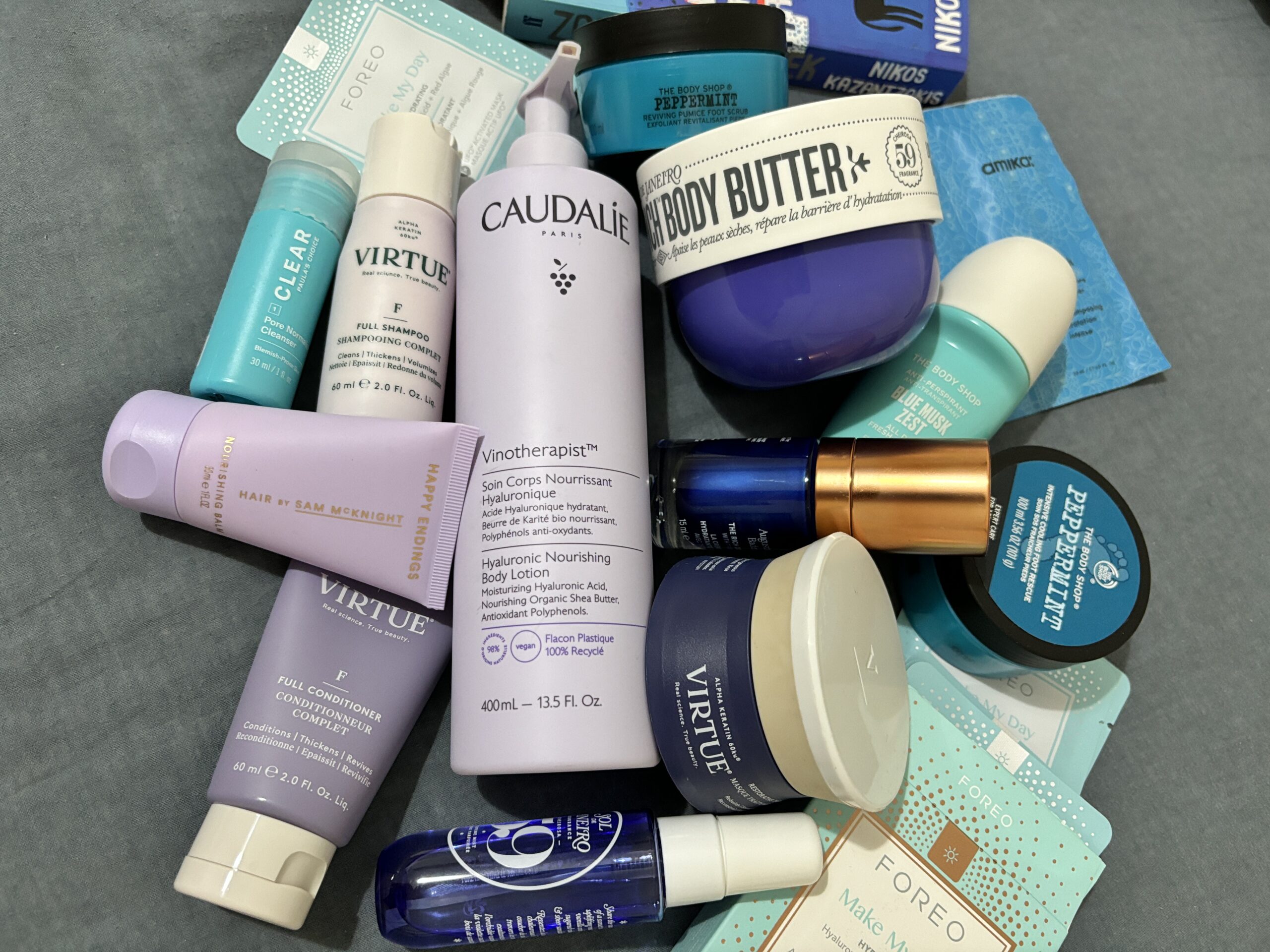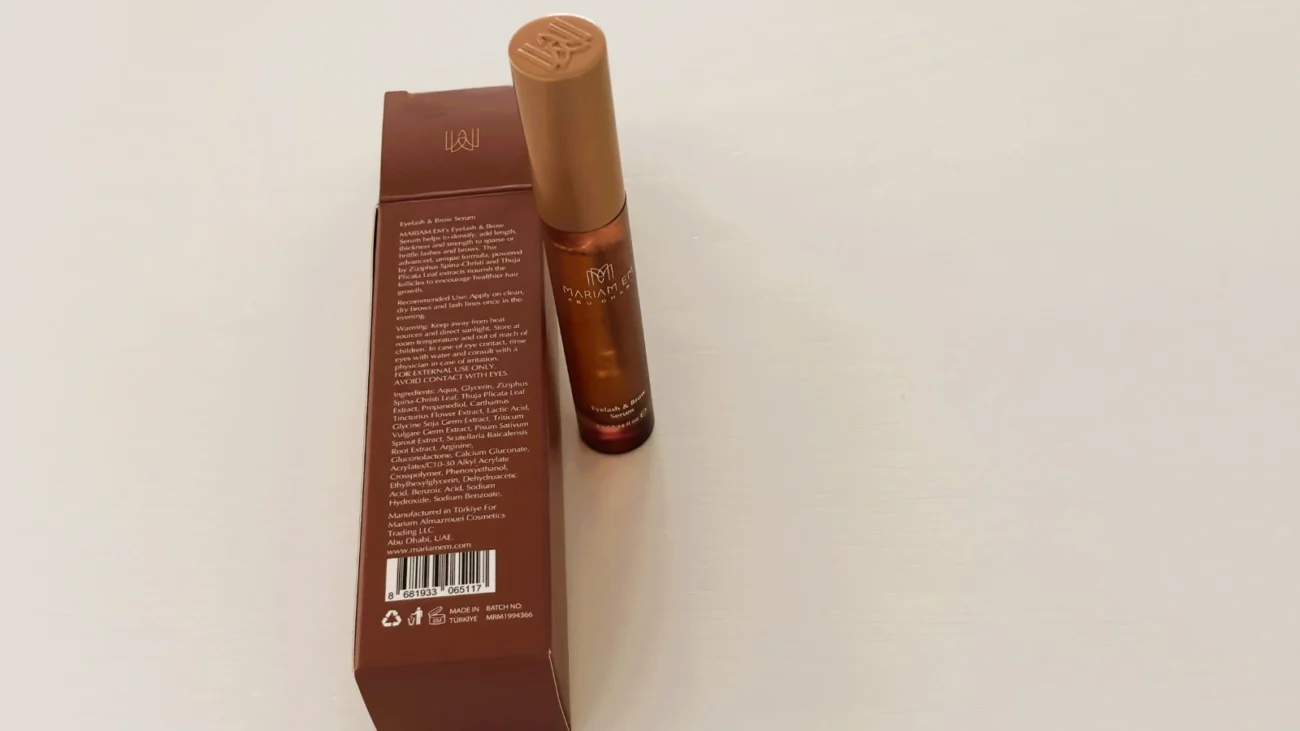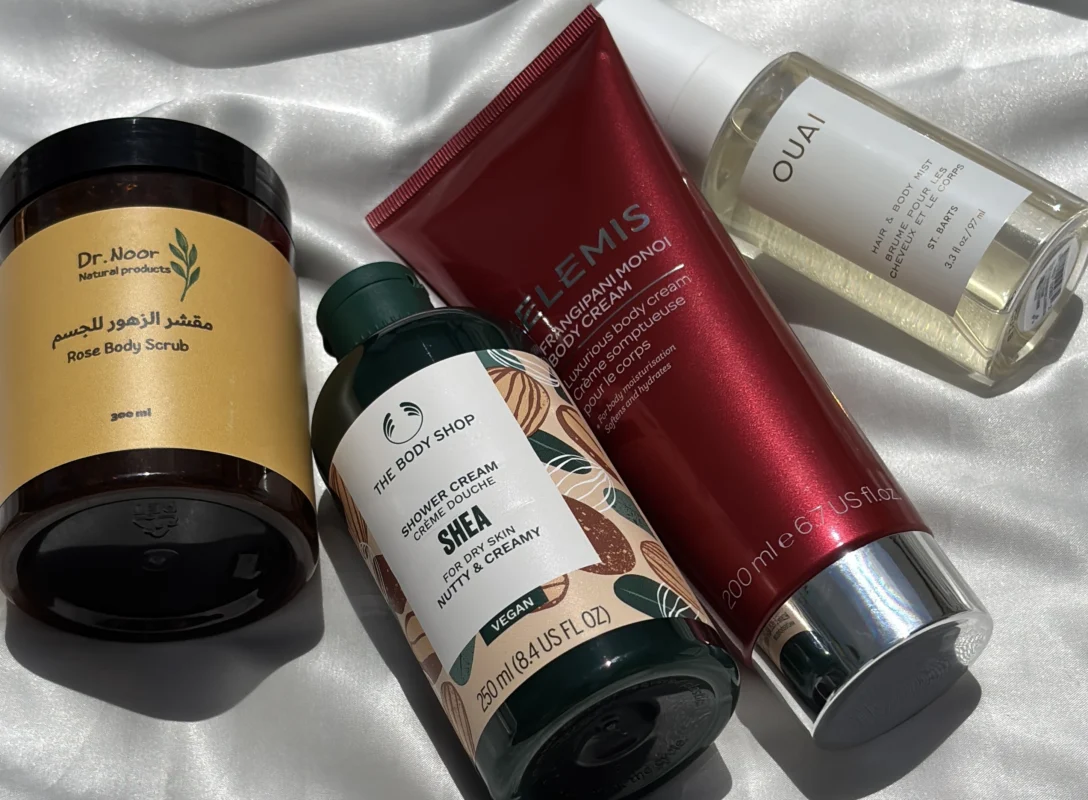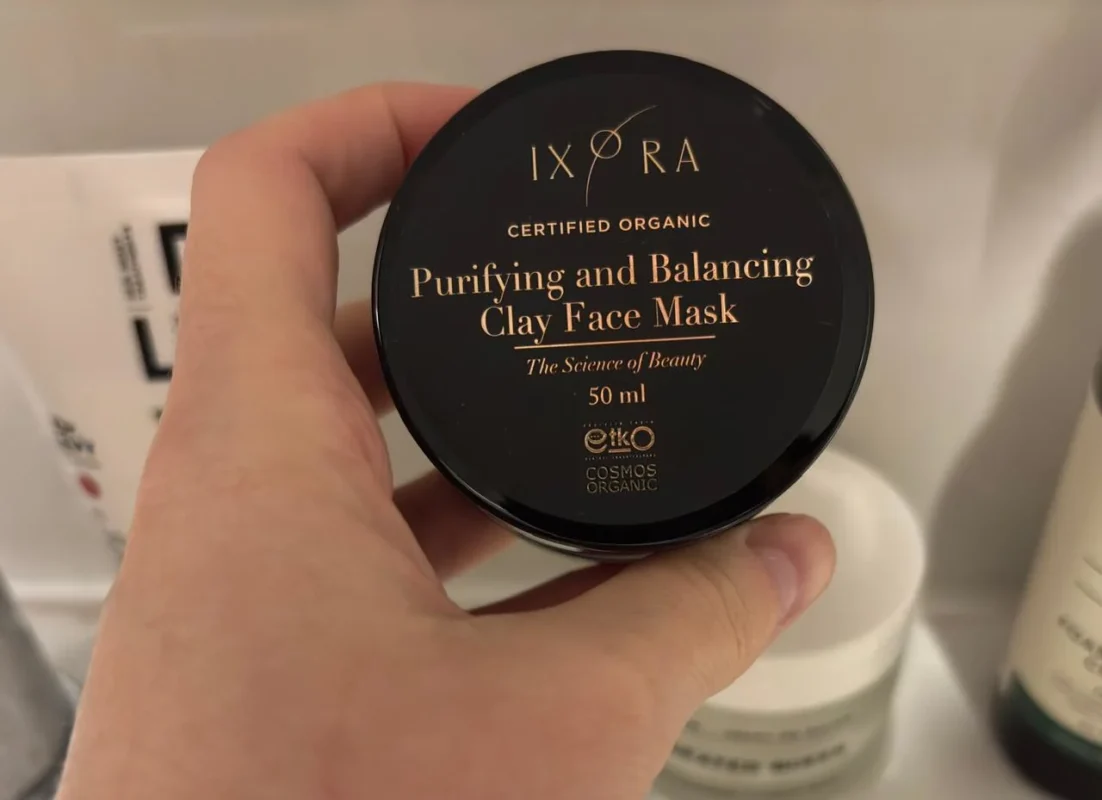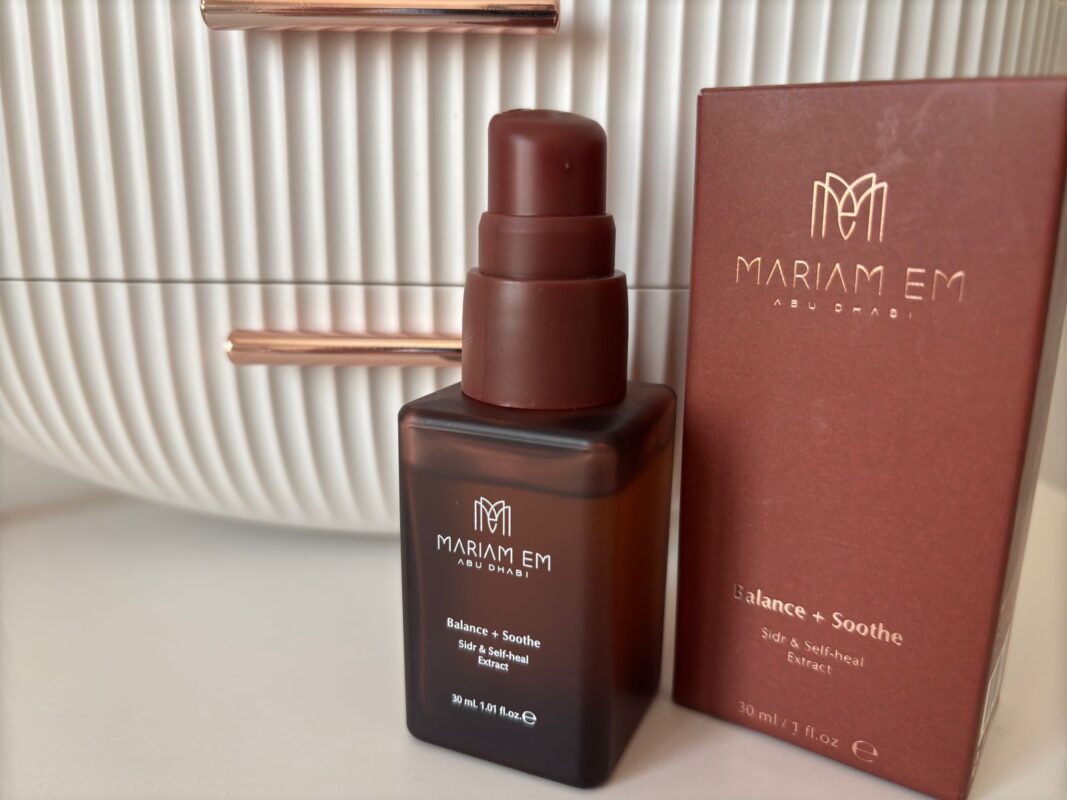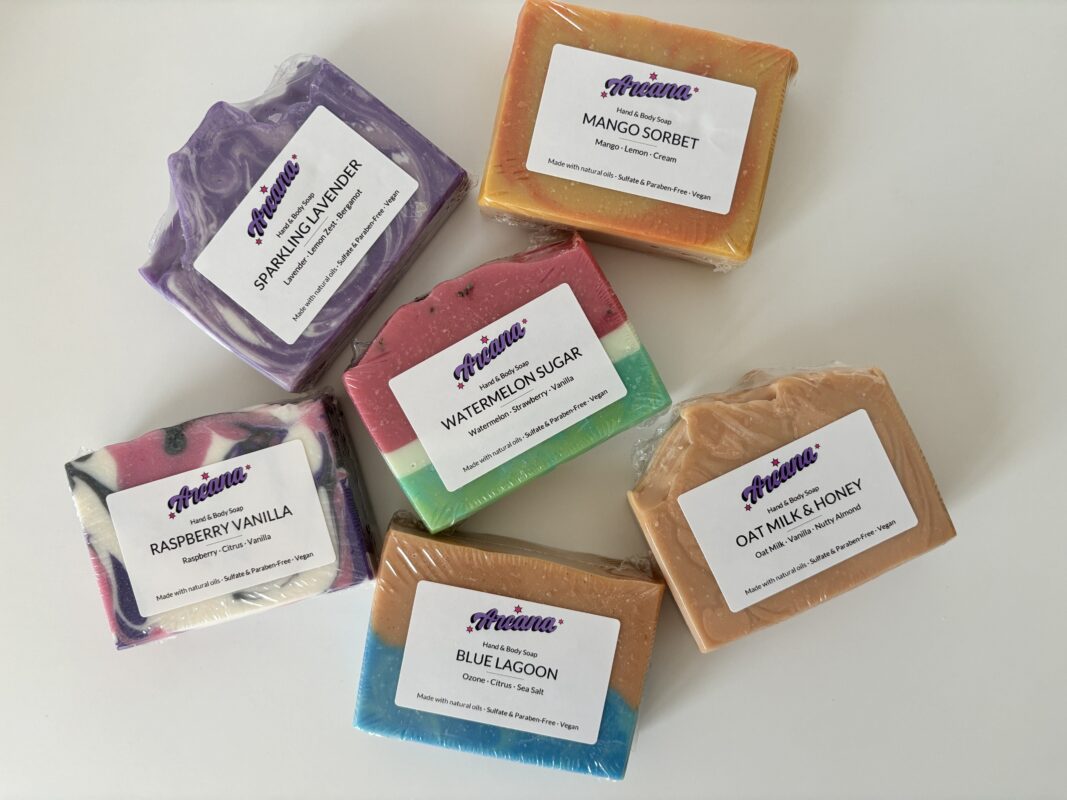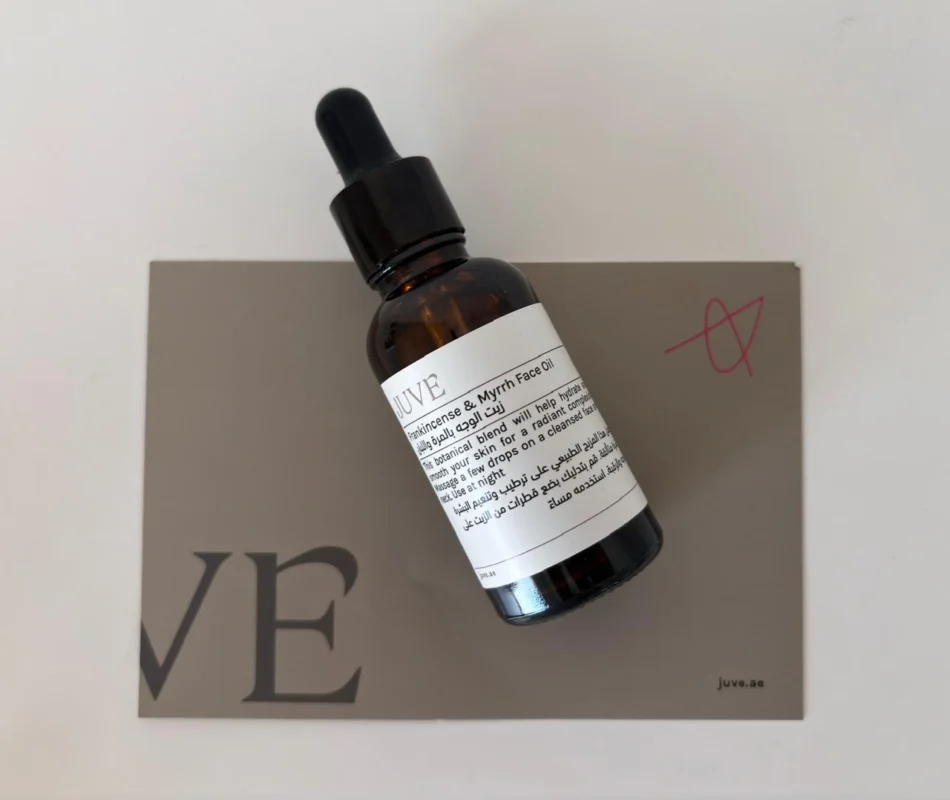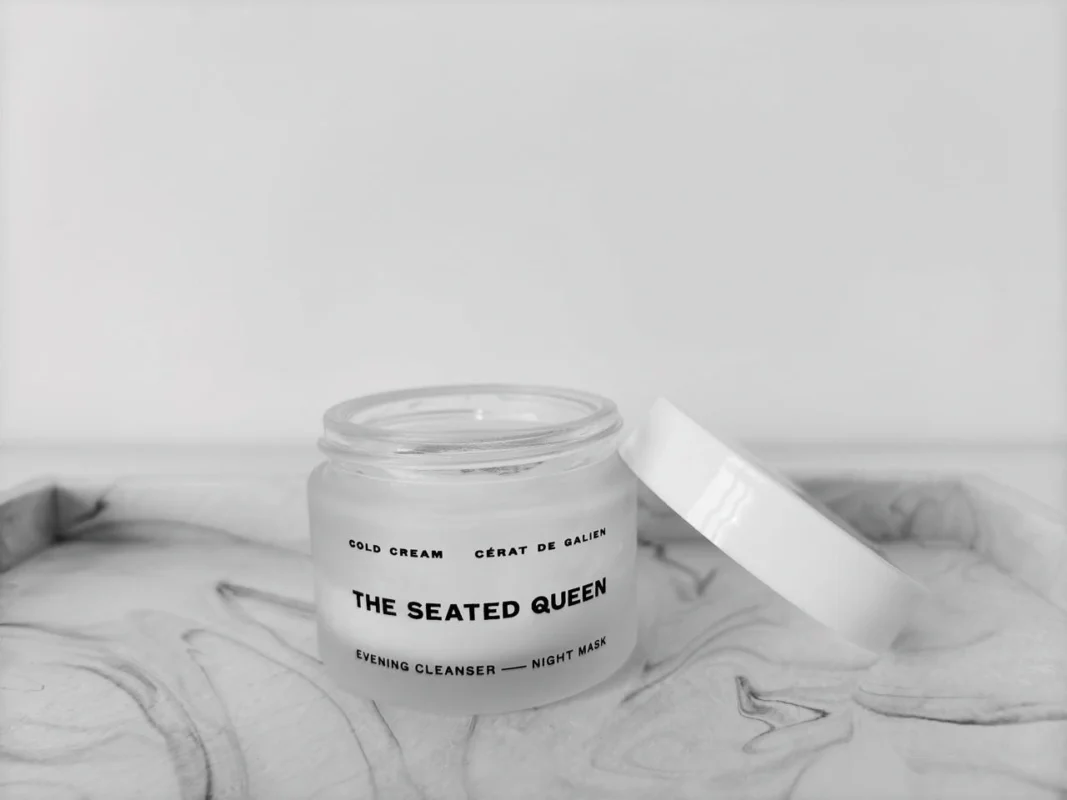How skincare works in the ever-evolving world of beauty that we find out there? We’re constantly bombarded with new ingredients, trending routines, and breakthrough formulas promising radiant, youthful skin. But how do these skincare products actually work on our skin?
To grasp their impact, we must first understand our skin as a complex system, finely tuned and responsive to the various changes (like moving to a much warmer climate) we introduce into our daily routines.
The Skin as a Dynamic System
Drawing a comparison between the skin and a system is an insightful way to understand the delicate nature of our skin and how it responds to new skincare products. Our skin, the human body’s largest organ, acts as a barrier that shields us from environmental aggressors while maintaining homeostasis. But it’s more than just a barrier — it’s a living, breathing system.
Imagine your skin as a finely balanced ecosystem. When we introduce a new product, we’re disrupting this balance, much like altering the dynamics of any intricate system. Whether it’s a gentle cleanser like Sukin Signature Cleanser, a potent serum like Dr. Dennis Gross Alpha Beta® Pore Perfecting & Refining Serum, or a nourishing moisturizer like Byoma Moisturising Gel Cream, your skin’s first reaction is to evaluate the “foreign” elements. As with any system, this adjustment can lead to immediate reactions such as redness, sensitivity, or even breakouts as your skin works to recalibrate and return to its natural equilibrium.

Sensitivity and Balance
Just like any finely tuned system, our skin thrives on balance. Each product you introduce has the potential to disrupt that equilibrium, and your skin’s response can range from mild irritation to glowing improvement. It’s vital to remember that skincare isn’t a one-size-fits-all science. What works beautifully for me may cause breakouts for you.
When a new product enters your routine, your skin can perceive it as a stressor, prompting inflammation, irritation, or heightened sensitivity. This can be temporary, as your skin works to re-establish its balance, but it underscores the importance of introducing products mindfully and with patience. Often, less is more, and giving your skin the time to adapt is crucial.
Adaptation and Feedback Loops
Our skin, like any adaptive system, learns over time. This is where we need to understand adaptation. Upon introducing a new product, your skin undergoes a process known as a feedback loop. This loop allows the skin to monitor and respond to the ingredients, deciding whether they will be beneficial or harmful.
For instance, introducing a product with active ingredients like retinol or AHAs may initially cause dryness or peeling – this is your skin adapting to a new, stronger ingredient. As time passes, many skin systems acclimate to these products, leading to brighter, clearer, or smoother skin. This adaptation period varies for everyone, and this brings us to the next crucial point.
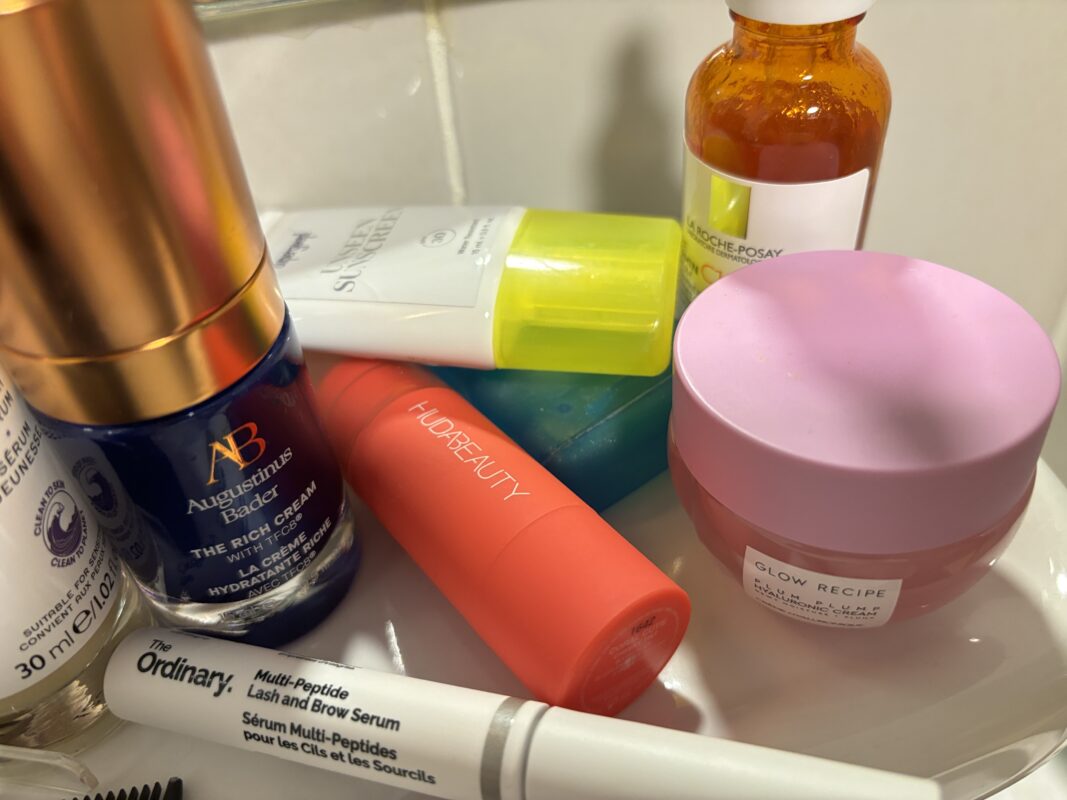
Diversity in Responses
Each person’s skin responds differently, reflecting its unique biological makeup and external conditions. A serum that brings miraculous results for me might not have the same effect on you. This is why skincare can sometimes feel like an experiment as you learn what works best for your unique skin system.
The skincare product and external factors such as your environment, diet, and lifestyle influence your skin’s response. For example, a hydrating serum might perform wonders in a humid climate but fail in a dry, air-conditioned space.
Time and Patience
Patience is perhaps the most underrated virtue when it comes to skincare. Just as systems need time to adjust to new elements, your skin requires a period of adaptation. Immediate results are rare (as seen after Augustinus Bader, K18, Sukin, Sunday Riley, Truly Beauty, and Oribe, just to highlight a few), and rushing into a new routine with multiple products at once can confuse the skin and lead to adverse reactions. The key is a gradual introduction, allowing the skin system to respond, adjust, and settle into balance.
External Influences on the Skin System
Climate, diet, stress levels, and even sleep quality are all external factors that play a pivotal role in how your skin responds to skincare products. Much like a system that’s impacted by its environment, our skin reacts differently depending on these surrounding influences. For instance, sun exposure can magnify the effects of certain ingredients, like retinoids or Vitamin C, while a shift to a more humid climate can make your skin more prone to oiliness or breakouts.
It’s essential to take these external influences into account when designing your skincare routine and to adjust your products accordingly.
The Takeaway: How Skincare Works as a System
Viewing the skin as a complex system offers a more profound understanding of how it responds to introducing new skincare products. Like any system, our skin seeks to maintain balance and adapt to changes over time. Understanding this concept allows us to approach our skincare with patience, mindfulness, and appreciation for the remarkable system that is our skin.
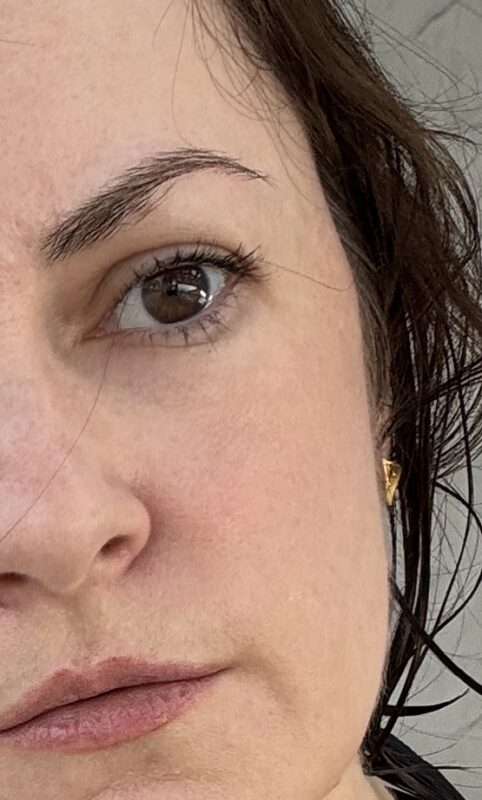
Ultimately, treating your skin with care and consideration will result in a harmonious relationship with the products you use, leading to healthier, more radiant skin over time.
The Founder
If you are an expat in the Middle East facing skin concerns and want to share your story, send us a message at contact@routine11.me
*Disclosure: I received no compensation for this review. This is solely based on my personal experience and assessment.


